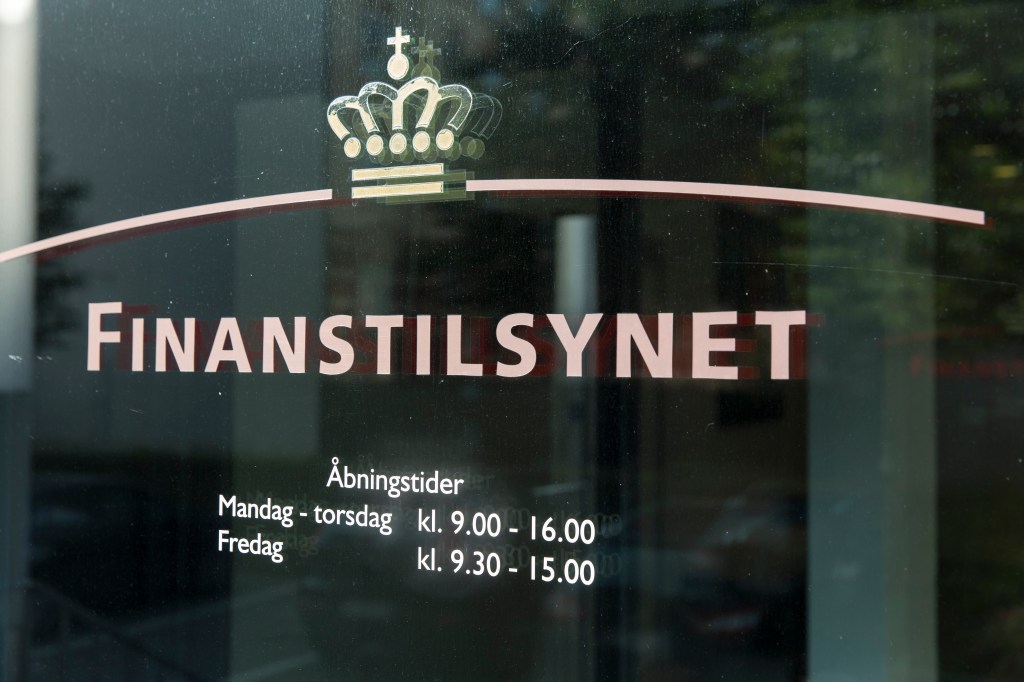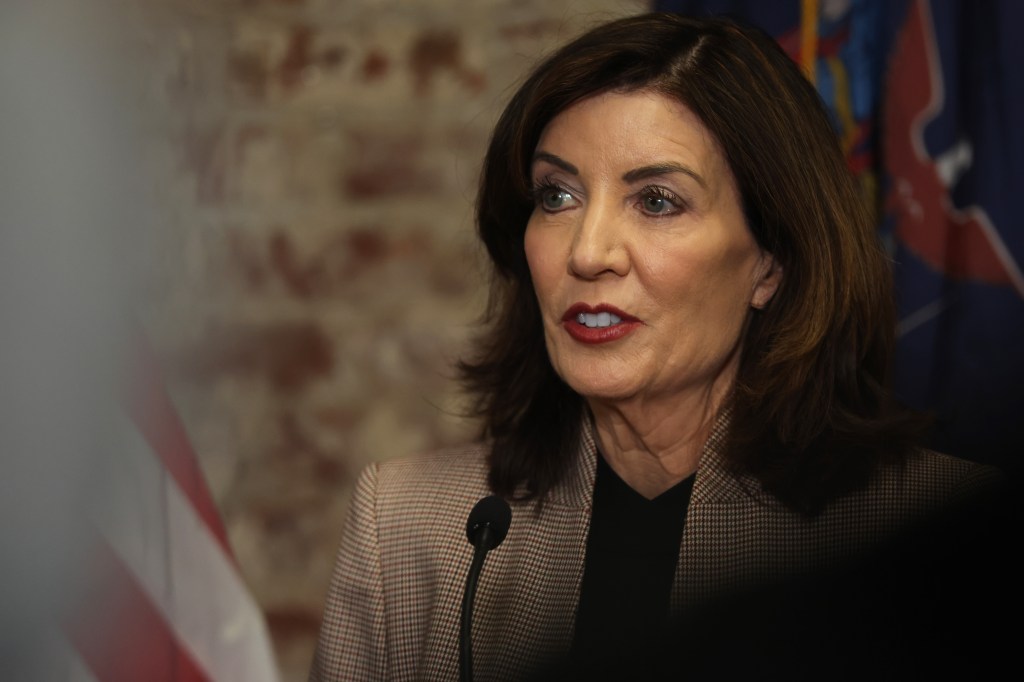Forcing loan borrowers into redundant and unnecessary coverage policies, opening fake accounts in customers’ names and providing unauthorized services has resulted in a fine from the Consumer Financial Protection Board (CFPB) for Fifth Third Bank, a large bank holding company headquartered in Cincinnati.
The CFPB has ordered Fifth Third to
Register for free to keep reading
To continue reading this article and unlock full access to GRIP, register now. You’ll enjoy free access to all content until our subscription service launches in early 2026.
- Unlimited access to industry insights
- Stay on top of key rules and regulatory changes with our Rules Navigator
- Ad-free experience with no distractions
- Regular podcasts from trusted external experts
- Fresh compliance and regulatory content every day













